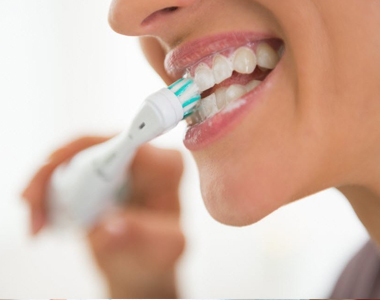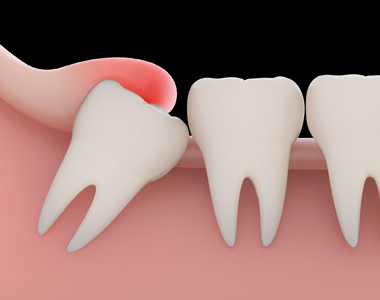
COVID-19: Looking after yourselves and others through better oral hygiene
Category : Gentalcare
Maintaining great personal hygiene has never been more important, given the current pandemic situation that many of us across the world find ourselves in.
Advice around how to do this is something that we all should take note of. Especially, regular handwashing with soap for at least 20 seconds or using hand sanitizer gel when this is not possible.
It is important to remember that being as hygienic as possible doesn’t just help protect you, but it also protects those around you.
The Oral Health Foundation has provided the following advice to help avoid catching or spreading the coronavirus (COVID-19).
Do not share a toothbrush
You should never share your toothbrush with anybody else, no matter how close you are to them.
This is one way that viruses and blood-borne diseases can be caught from other people.
You should make sure that toothbrush heads are also kept apart from each other wherever you and the rest of your household store your toothbrushes.
Keep the toilet lid closed before you flush
If you store your toothbrush anywhere near your toilet, every time someone flushes, some of the toilet sprays will fly out and land on your toothbrush.
There has already been research conducted that suggests that the virus can be spread via faecal matter (poo).
Make sure you close the lid before you flush and keep your brush at a safe distance away from the toilet.
Change your toothbrush regularly
It’s important to change your toothbrush, or brush head, at least every three months. Perhaps even earlier if the bristles become frayed.
This helps to ensure you are brushing your teeth effectively. A worn brush can’t do the job it needs to.
Changing your brush regularly also helps prevent the spread of bacteria.
Clean your bathroom regularly
Many of us store our toothbrushes, towels, flannels and other intimate items in our bathrooms.
Due to this reason, it is important to keep the bathroom clean at all times to ensure that there is no spreading of germs and viruses.
Visiting the dentist
It is important to maintain regular visits to your dental team. It’s best to always call ahead before any appointments, especially during this period of uncertainty. You can ask about any special check-in procedures your dental office may have, or if they have any paperwork you can complete online before your visit.
Be prepared for your appointment to either be delayed or canceled. This is for the safety of both staff and patients. Emergency treatment may still be available but other, more routine procedures, may be postponed for the foreseeable future. Communicate with your dentist about your needs to make sure you receive essential care, without putting yourself or others at unnecessary risk.
Don’t forget the basics
Our oral health should always be a priority. In addition to visiting your local dental team when possible, don’t forget the simple day-to-day habits that will help you keep a healthy mouth.
Brush daily with a fluoride toothpaste last thing at night and at least one other time during the day.
Cut down on how much and how often you have sugary foods and drinks and drink plenty of water.
Consider using a mouthwash and clean between your teeth every day with interdental brushes or floss.
Bushel, George. “COVID-19: our guide to looking after yourselves and others through better oral hygiene”. Oral Health Foundation, 23 Mar 2020 https://www.dentalhealth.org/blog/covid-19-our-guide-to-looking-after-yourselves-and-others-through-better-oral-hygiene

 Review Us
Review Us  Review Us
Review Us 